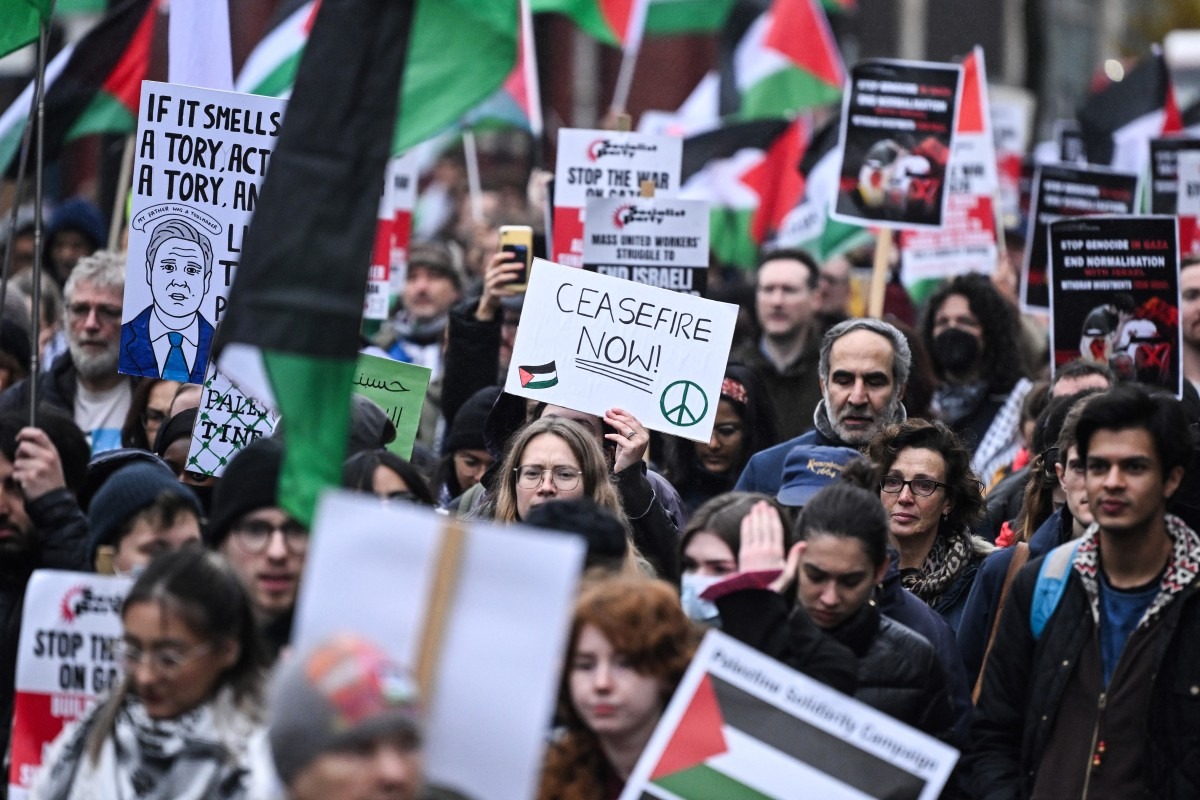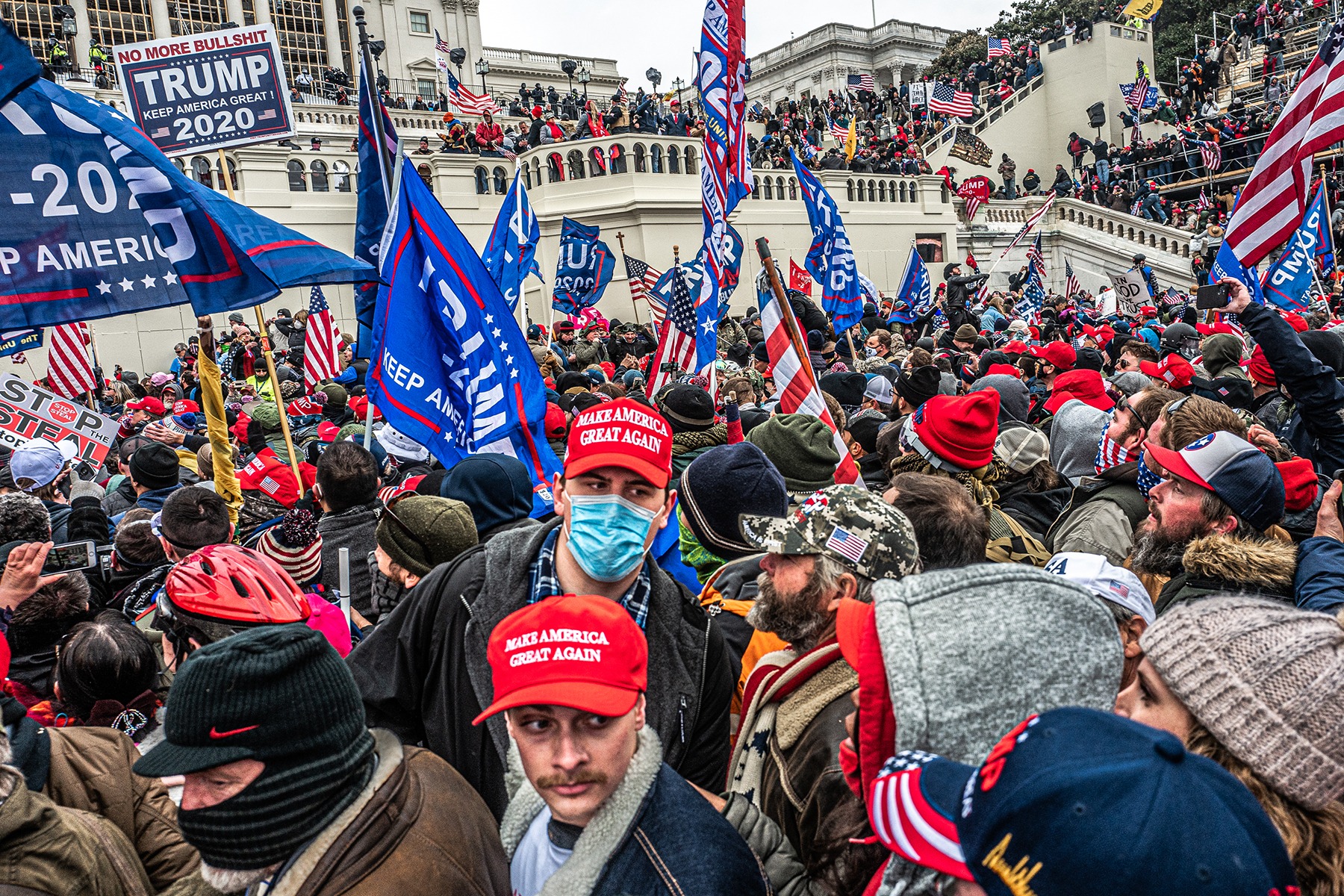Donald Trump’s recent comments, drawing parallels between nationwide college campus protests against Israel’s actions in Gaza and the January 6 Capitol riot, have sparked controversy and drawn condemnation.
Speaking outside his criminal trial in Manhattan, Trump compared the two events, suggesting that protesters at universities could face similar consequences to those involved in the Capitol breach.
In a subsequent Fox News interview, Trump criticized the damage caused by protesters at Columbia University and accused “Jewish politicians” of abandoning Israel. He lamented what he saw as a shift in Congress’s stance towards Israel over the past decade.

The protests on college campuses across the US have been driven by students’ concerns about Israel’s actions in Gaza, with calls for divestment from ties to Israel despite the ongoing violence in the region. These protests have coincided with a surge in violence in Gaza, resulting in serious casualties, particularly among Palestinian civilians.
However, Trump’s comparison of these protests to the January 6 Capitol riot has been met with criticism and accusations of false equivalence. The Capitol riot, orchestrated by Trump’s supporters, resulted in the breach of the Capitol building, violence against police officers, and the interruption of the certification of the 2020 presidential election results.
Despite the differences between the two events, some commentators and media outlets have echoed Trump’s characterization of the Columbia University protests as an “insurrection” or compared them to January 6.
This framing has fueled political attacks by Republican officials against President Biden and his administration, as Trump and his allies position themselves for the 2024 election campaign.

It’s worth noting that many of these same Republicans have either supported or downplayed the violence seen during the January 6 Capitol riot. Trump himself faces legal challenges related to his actions surrounding the Capitol attack, including charges of conspiracy and obstruction.
Trump’s repeated pledges to issue mass pardons to January 6 defendants, whom he has described as “patriots,” if elected in November, have further inflamed tensions and raised concerns about his commitment to upholding the rule of law.
Trump’s comments and the ensuing debate highlight the ongoing polarization in American politics and the challenges of addressing complicated geopolitical issues within a highly charged partisan environment.


